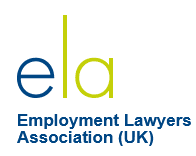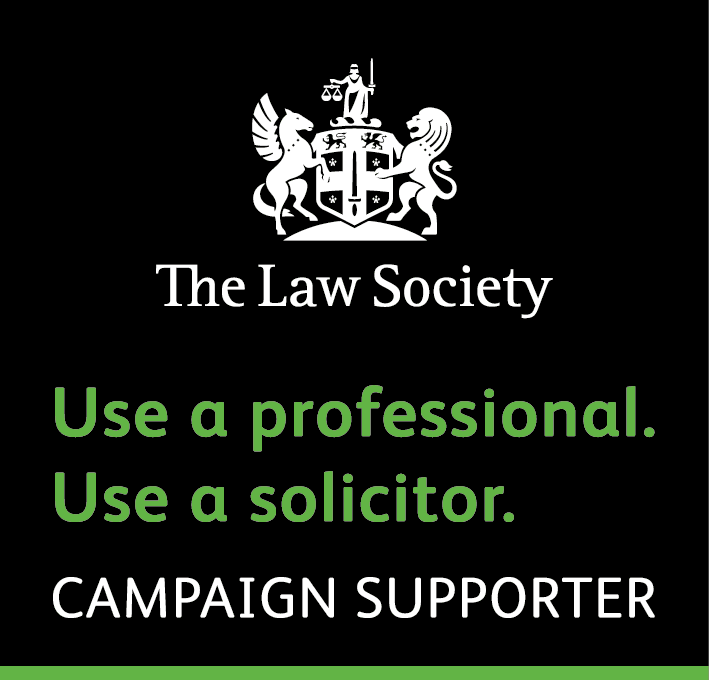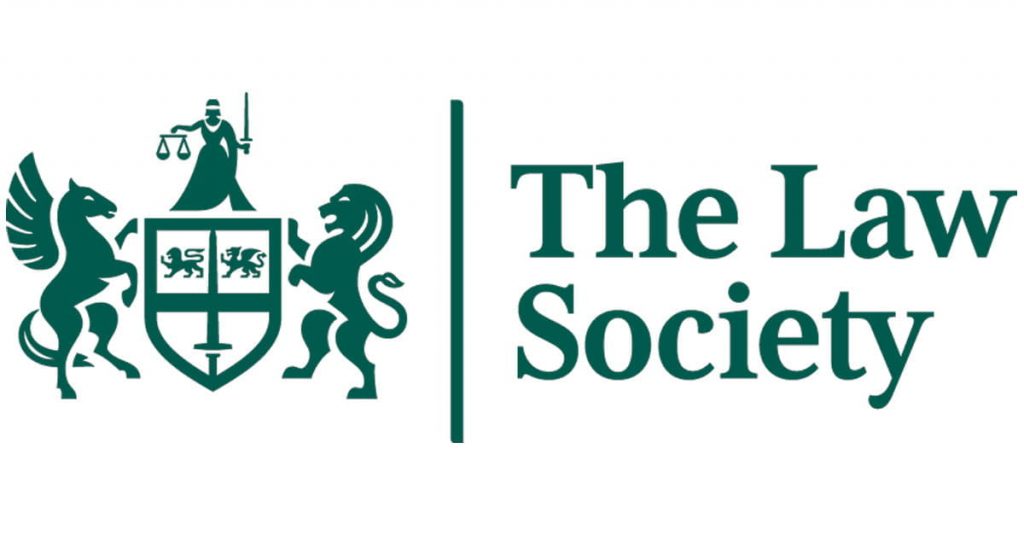Services
What does religion or belief mean?
Religion means you belong to an organised religious group such as:
- Sikhism
- Christianity
- Judaism
- Hinduism
- Islam
- Jainism
- Buddhism
Religion or belief will also cover the following:
- You belong to a specific denomination or sect within a religion for example Protestants, Methodists or Jehovah’s Witnesses within Christianity
- You have a profound belief which affects your way of life or view of the world. This includes religious and philosophical beliefs, or a lack of belief, such as Atheism
- You take part in collective worship
- You belong to a smaller religion or sect, such as Scientology or Rastafarianism
- You have no religion, for example, if you are an atheist.
If necessary, it’s the courts who decide if something is a religion. They will look at whether something has a clear structure and belief system to decide if it’s a religion under the law.
Are you protected if you don’t have any religion or religious beliefs?
Yes – you are also protected against discrimination under the Equality Act if you don’t belong to any religion or have any religious beliefs- for example, if you’re an Atheist
What discrimination protection does the Equity Act provide?
The Equality Act 2010 says you must not be discriminated against because:
- you are (or are not) of a particular religion
- you hold (or do not hold) a particular philosophical belief
- someone thinks you are of a particular religion or hold a particular belief (this is known as discrimination by perception)
- you are connected to someone who has a religion or belief (this is known as discrimination by association)
What constitutes a ‘Philosophical’ belief?
A philosophical belief is a non-religious belief and includes things like humanism, secularism and atheism.
Something can be a philosophical belief if you strongly and genuinely believe in it and it concerns an important aspect of human life and behaviour. The courts have said that the belief in man-made climate change and spiritualism are philosophical beliefs. But a political belief is not a philosophical belief.
The belief must also be acceptable in a democratic society and not conflict with the fundamental rights of others.
What is protected by the Equality Act?
The law is designed to protect employees and workers of any age during all aspects of employment, including:-
- dismissal
- employment terms and conditions
- pay and benefits
- promotion and transfer opportunities
- training
- recruitment
- redundancy
Types of discrimination
There are four main types of religious or belief discrimination.
- Direct discrimination
- Indirect discrimination
- Harassment
- Victimisation
What is direct religious or belief discrimination?
This happens when someone treats you worse than another person in a similar situation because of your religion or belief. For example:
- You apply for a job and you are the best candidate for the job however your application is rejected because you are Muslim and your employer believes your daily prayers will make you less productive.
What is indirect religious or belief discrimination?
Indirect discrimination happens when an employer has a particular rule, policy or way of working that applies to everyone but which puts people of a particular religion or belief at a disadvantage. For example:
- Having a dress code for all employees which means they can’t wear a headscarf, hijab or a turban
Religious and belief discrimination by association
It’s unlawful to discriminate against you because someone you’re with or someone you know belongs to a certain religious group or group with certain beliefs. This could be a parent, child, partner or friend.
Religious or belief discrimination by perception
It’s against the law if someone discriminates against you because they think you belong to a certain religious group or group with certain beliefs even though you don’t.
Religious or belief harassment
Harassment occurs when someone makes you feel humiliated, offended or degraded. For example:
- offensive religious 'jokes' by colleagues
- vandalism and graffiti
- nuisance phone calls, texts or emails
- bullying, intimidation and threats
- physical abuse or violence.
Harassment can never be justified. However, if an organisation or employer can show it did everything it could to prevent employees who work for it from behaving like that, you will not be able to make a claim for harassment against the employer, although you could make a claim against the person who committed the harassment.
Religious or belief victimisation
This is when you are treated badly because you have made a complaint of religious or belief discrimination under the Equality Act. It can also occur if you are supporting someone who has made a complaint of religious or belief discrimination. You do not need to compare yourself with someone who has not done the above to succeed with a claim.
What should you do if you feel you have been discriminated against?
What action you take will depend on how much time you have available to you before the 3-month time limit to bring a tribunal claim is due to expire. The following should be considered to place you in the best position to secure an exit package or a successful tribunal claim:
1. Speak to your line Manger. You should raise your concerns with management so your employer is aware at the earliest opportunity of the issues you are having.
2. Lodge an official grievance. If you do not receive a satisfactory response from our manager you should submit a grievance. You should always follow your employer’s grievance policy if they have one. If there is no internal policy you can find guidance on the ACAS website.
3. Gather evidence and keep records. If you strongly feel that you have been discriminated against, and you have not received a satisfactory response from your employer, you should start to gather evidence to support a potential tribunal claim.
5. Enter a without prejudice discussion. This can be done by submitting a ‘without prejudice’ letter to requesting a ‘without prejudice’ meeting. This will give you the opportunity to have an off the record discussion with your employer to air out your concerns and seek a resolution such as compensation or an exit package. It is important that you tread carefully and seek the guidance from our experienced solicitors before engaging withy our employer.
5. Lodge an Employment Tribunal claim. If all other options have been exhausted and you still feel aggrieved or you have been dismissed because of your age, you can submit a tribunal claim. If you are still employed this will be for age discrimination. If you have been dismissed this will be for both unfair dismissal and age discrimination. Any claim should be issued within 3 months of the date of dismissal or alleged discriminatory act. It is now mandatory to go through ACAS’s early conciliation scheme before you can submit a claim to the tribunal.
What compensation could you recover for discrimination?
If you are successful in your claim, the main head of compensation will be for what is called ‘injury to feelings’. This is a monetary awarded determined by the tribunal judge which is designed to compensate you for the level of hurt you have suffered as a result of the age discrimination.
Although the final figure is determined by the tribunal judge, the courts have set out guidelines known as the ‘Vento Bands’ depending on the seriousness of the case. They are currently (as of the 6th April 2023) as follows:-
- Band 1: - less serious cases (e.g. a one-off or isolated incident of discrimination): £1,100 – £11,200
- Band 2: £11,200 – £33,700
- Band 3: most serious cases: £33,700 – £56,200
- Exceptional cases: Over £56,200

Solicitor Call Back
Request a FREE no obligation consultation with a solicitor by completing the form below
You can learn more about how we handle your personal data by viewing our Privacy Policy
Ready to speak to an employment law expert?
What makes SA Solicitors different ...
Common settlement agreement issues our solicitors deal with ...
> Counter Offers
> Negotiating Tactics
> Termination Payments
> Compensation Payments
> Grievance Issues
> Notice Pay
> Tax Payments
> Furlough Advice
> Discrimination
> Constructive Dismissal
> Unfair Dismissal
> Redundancy
> Bullying & Harassment
> Sick Absence
> Disciplinary Proceedings
> Capability Arguments






